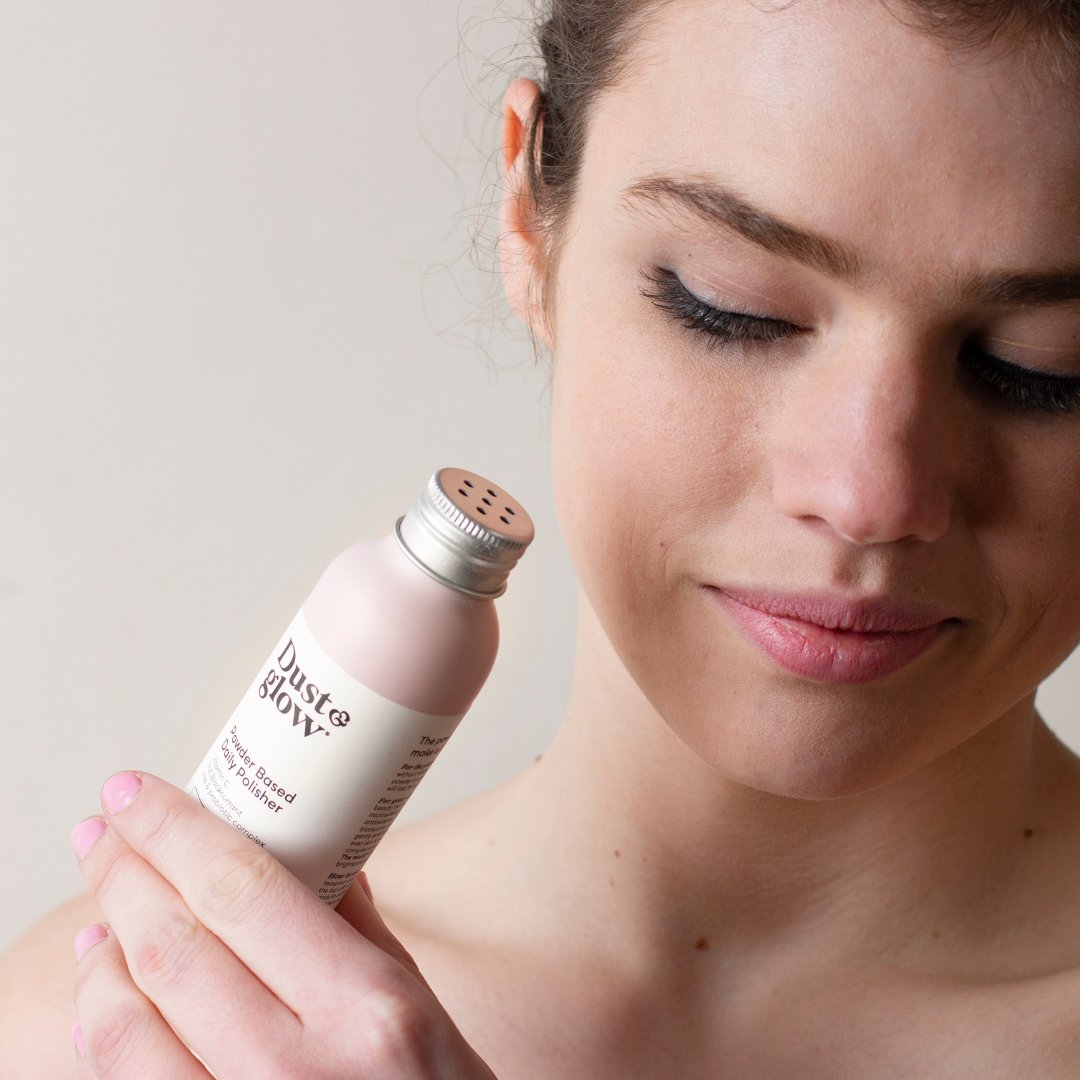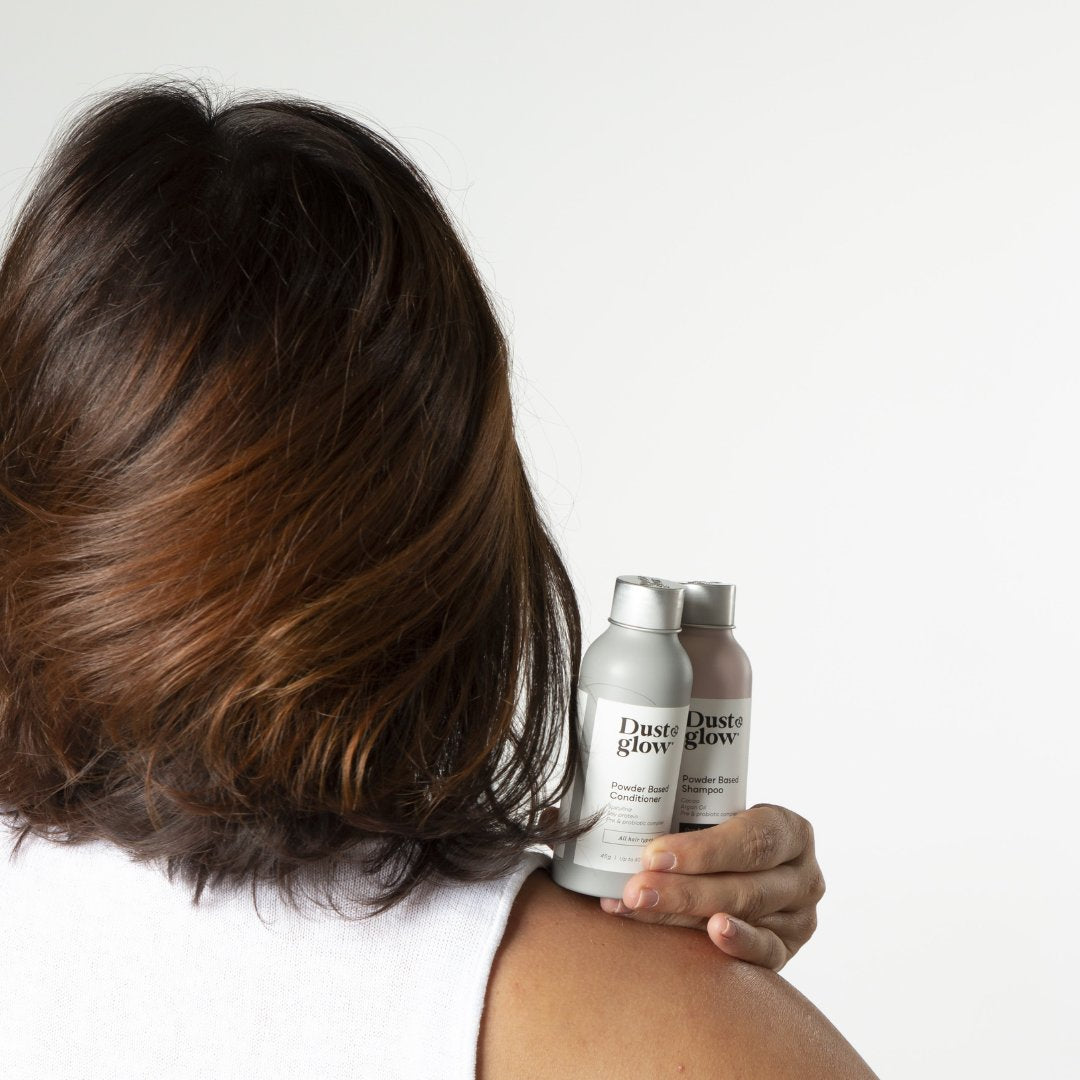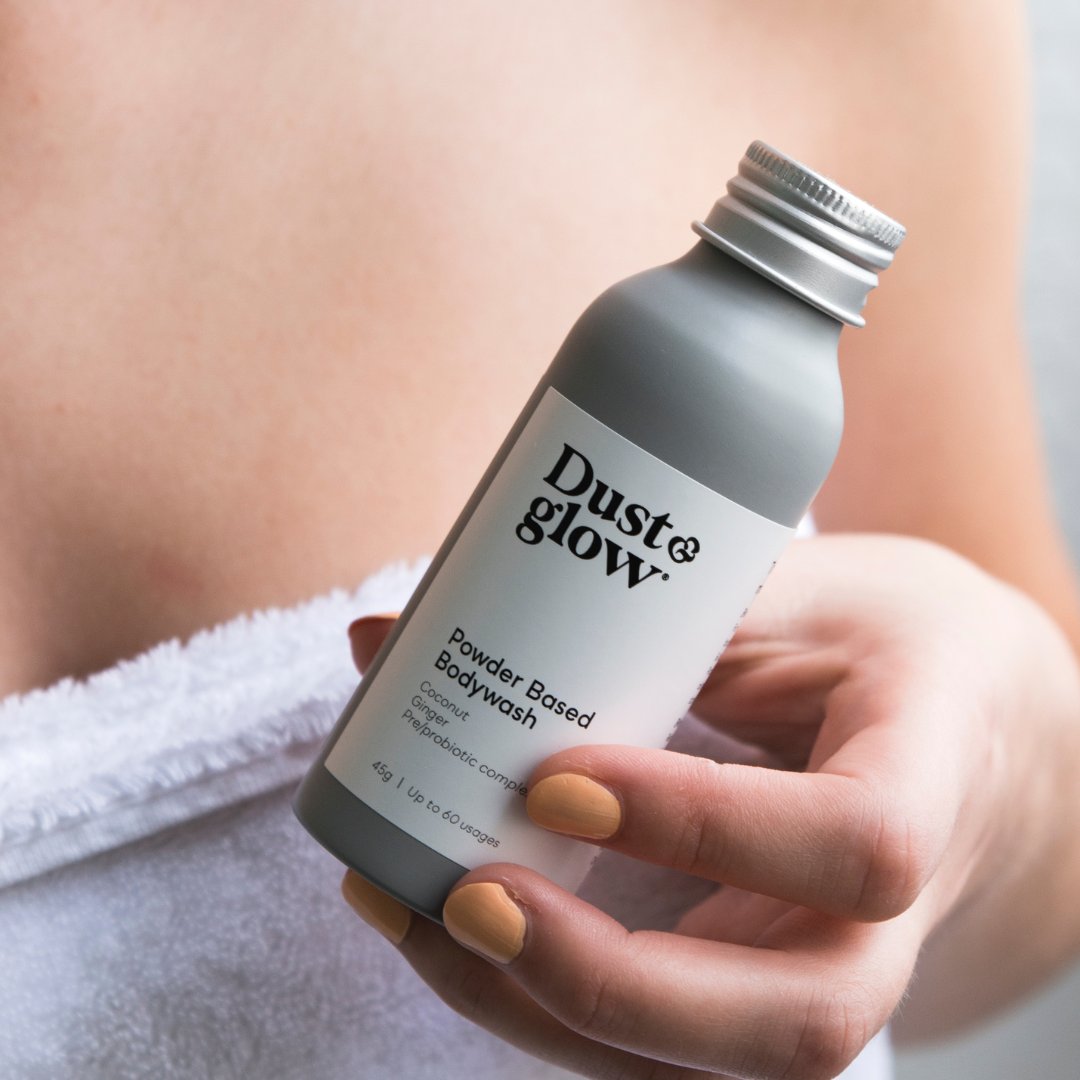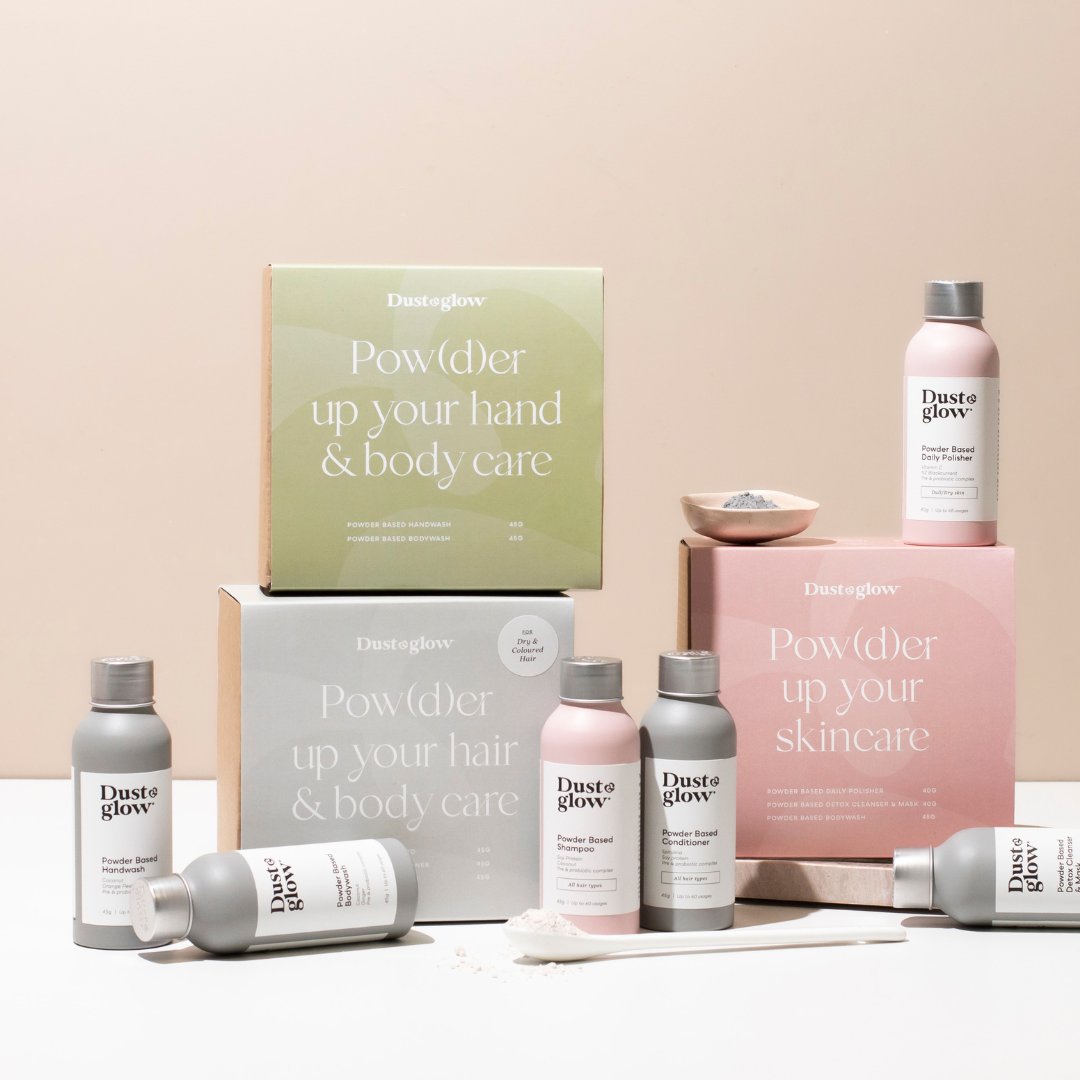
It’s a cultural myth that cleaning needs to involve suds, foam, or bubbles. Super foamy cleansers don’t always mean more clean.
When it comes to skincare, this is especially true – in fact, overly-foamy cleansers should be avoided, as they indicate the presence of irritating chemicals and super harsh skin side-effects.
If you suffer from dry or easily irritated skin, you should be opting out of synthetic foaming face washes, and instead choosing an all natural cleanser, which will do a better job clarifying, while also respecting your natural epidermal lipid layer.
What are some risks associated with high-foaming face washes?
Despite leaving skin with a ‘squeaky clean’ feeling, ultra foamy cleansers can actually leave you with less clear skin in the long run. This is because they contain ingredients called surfactants, which cut through and damage your skin’s natural lipid barrier.

The lipid barrier, also called the moisture barrier, is found in your Stratum Corneum. It consists of layers of dead skin cells and the natural fats that occur in skin (sebum). Having adequate sebum in this layer of skin is essential for it to continually regenerate, recycling and sloughing off the dead skin cells to make room for new ones. Harsh surfactants effectively throw off your lipid balance, leaving your skin unable to adequately recycle dead skin. This leads to clogged pores, blemishes and dullness – in other words, using foaming cleansers that disrupt your lipid barrier can ultimately leave you with less clean skin.
The problem is that in the short term, it can sometimes be hard to tell if you’ve damaged your lipid barrier with chemical surfactants. Generally, blemishes and clogged pores will appear only after you’ve been continually compromising your lipid barrier, over a period of time. In the short term, increased sensitivity, irritation, redness, dryness, and itching should all be red flags, letting you know that your cleanser is too harsh, and that your skin’s natural processes are being disrupted.
Which Surfactants for Your Skin
It doesn’t mean that you have to give up bubbles for ever. There are plenty of natural face washes that will lightly foam because of natural chemical reactions; think lighter, larger and looser bubbles. These gentle cleansers will leave you with clarified pores without irritation. The key is to find a formula that doesn’t contain chemical surfactants. Two of the main culprits that sometimes cause irritation are Sodium Lauryl Sulfate (SLS) and Sodium Laureth Sulfate (SLES).
Instead of chemicals, opt for a natural surfactant. We use Sodium Cocoyl Isethionate (SCI), a very mild surfactant designed to work effectively in hard water. It is derived from coconut fatty acids and is fully biodegradable. It is also gentle enough to use in products for babies and sensitive skin. It leaves a silky skin feel whilst simultaneously exhibiting excellent lathering properties. (EWG rating of 1) 
Conclusion & recommendation
When it comes to finding a facial cleanser that keeps your complexion balanced, surfactants might be part of the puzzle. Just make sure you’re steering clear of high-risk chemical surfactants (which will leave you with serious dryness), and towards a natural cleanser (the gentler and the more plant-based, the better)!
Shop our range of vegan facial cleansers






